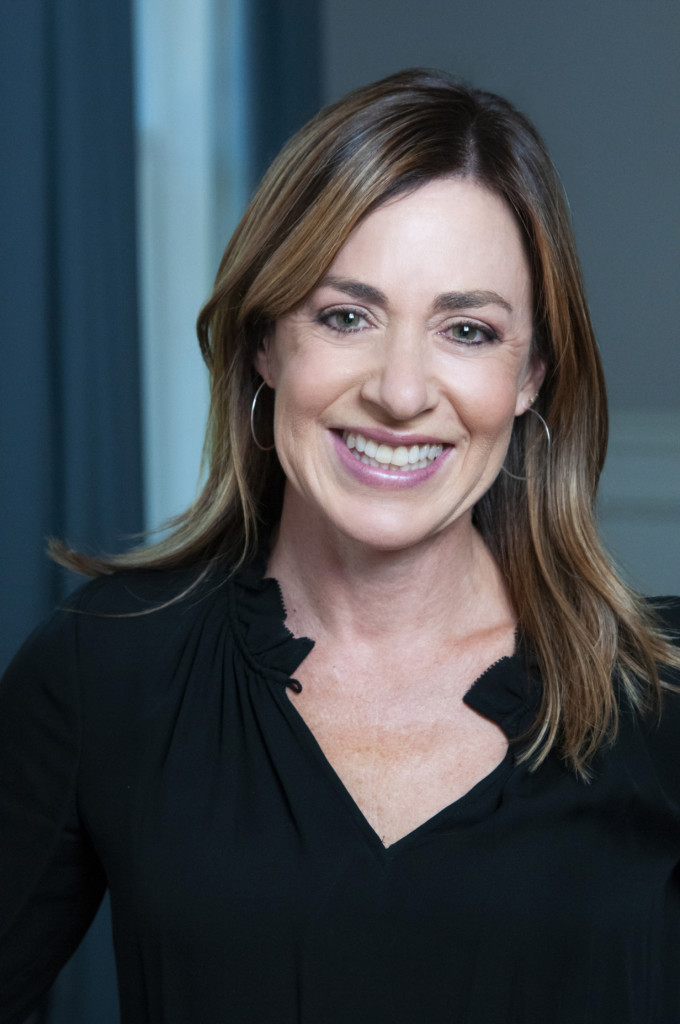
JULIE STONBERG, LCSW
Background and Experience
I started working with families more than sixteen years ago, as a Court Appointed Special Advocate in Westchester County, serving as a voice for children and their families within the foster care system. As a mom of young children at the time, I understood some of the stressors these families faced, and I wanted to help them reconnect and heal.
Hoping to continue this work and expand on it, I earned my Clinical Social Work (Masters) degree from Fordham University, with a concentration on children and families. I continued to work throughout school with families in Westchester County, and, as part of my graduate work, I helped launch a program that provided post-adoption services for families that adopted through foster care.
Treatment Approach and Training
After finishing my degree and getting licensed in New York State, I spent four years working in a community-based family mental health clinic in Mt. Vernon, NY, where I worked not only with parents and their children but with individuals, couples, and older adolescents struggling with a variety of issues. During that time I received further training in family and couples therapy from the Ackerman Institute in Manhattan and from the Family Institute of Westchester, with which I continue to be involved. I have completed a year-long certification course in adoption-related therapy, as well as mediation and collaborative training that enables me to work as part of a collaborative divorce team. Additionally, I have completed advanced training in Cognitive Behavioral Therapy, including special protocols for treating trauma and complicated grief.
I have been profoundly influenced by Relational Cultural Theory and the work of Jean Baker Miller and her colleagues at the Stone Center in Wellesley, MA. This framework posits that as human beings we are hard-wired to connect with one another, and the latest findings in neurobiological research demonstrate this in fascinating ways. Rather than form as a unique “separate self,” we grow within and towards relationships, struggling to connect and make sense of the world through our experiences with others. When we feel isolated or disconnected (and this can happen even within relationships) we become depressed. Yet, in a culture that tends to value separation, individuality, and personal achievements over connection with others, we can sometimes doubt ourselves and this natural human need.
In my private practice I continue to work with families and individuals of all ages and backgrounds, helping my clients to understand the ways in which where they came from influence where they are now, and helping them to access their strengths both individually and collectively to help them feel better and achieve their goals in therapy and in life. As a voracious reader and former journalist and editor, I can truly say that I never get tired of hearing people’s stories.
